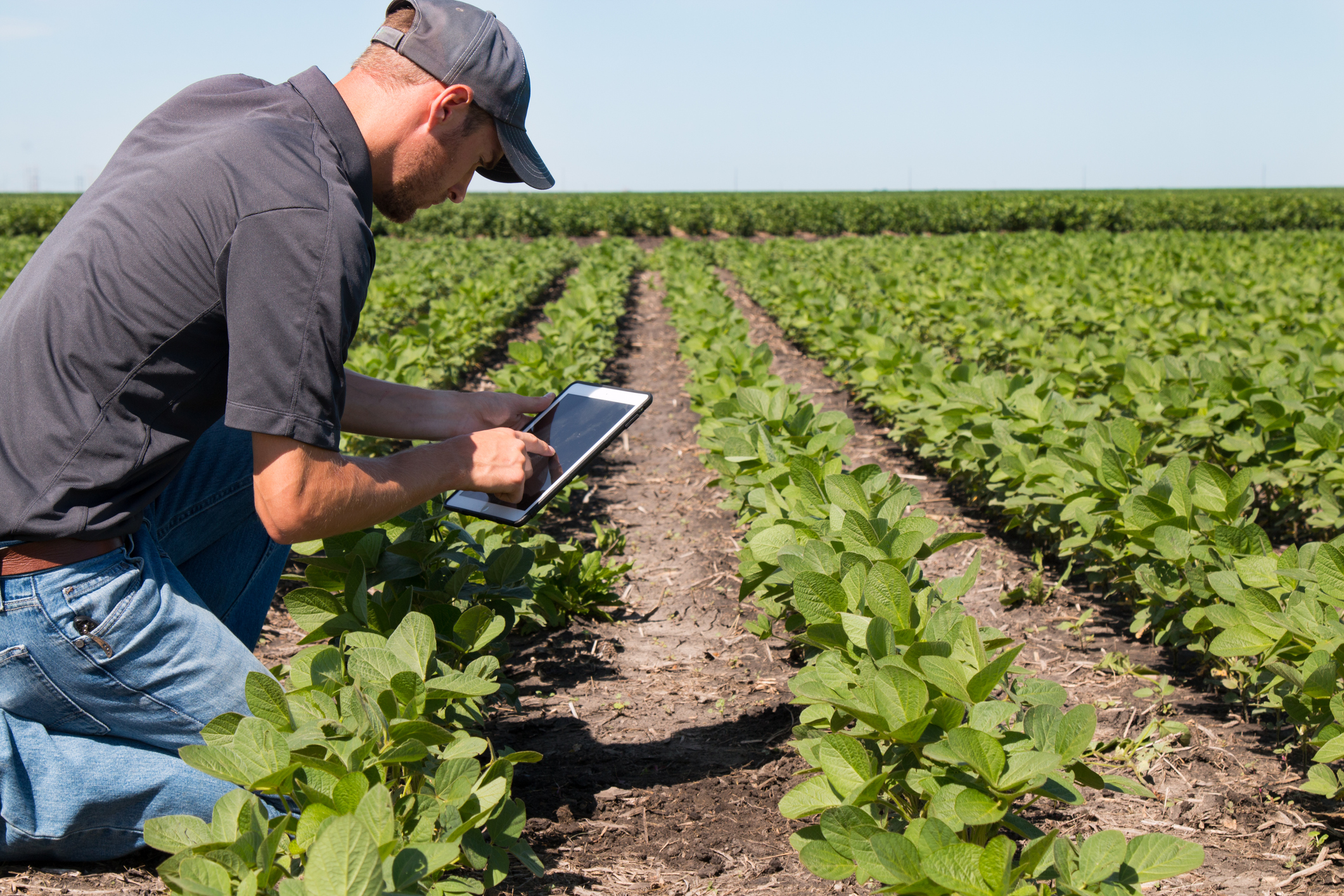
Agricultural scientists, often known as agronomists, conduct experiments and research to improve crop yield and productivity. While their jobs vary depending on the organisation, their overriding focus is on food supply and what changes can boost the production of various plant species.
They may work as consultants, educators, or researchers in a lab, office, classroom, or field. Agronomists must be able to think critically. For example, they may analyse different farm production levels to identify the ideal planting, harvesting, and cultivating procedures, considering local weather circumstances and which crops are sensitive to pests and diseases.
Crop scientists’ data analysis should be structured so the general public can easily read and understand. Agronomists must be analytically strong to report and assess data and ensure that appropriate results are calculated.
Responsibilities
Throughout your apprenticeship, you may help:
- advise farmers on land management and how to improve their crop yields
- study soil, water and other factors which affect crop growth
- create chemical treatment plans to keep crops free of pests and weeds
- record information on plant growth and environmental conditions
- carry out field trials to solve clients’ crop problems
- collect and analyse crop yield and financial data
- keep up to date with product developments and legislation.
Salary
- Apprentice agronomist make approximately £20,000 to £25,000
- Agronomists with a few years of experience can make about £40,000
- Senior, or consultant agronomists will make an average of £50,000
Working hours
You will typically work 37 to 40 a week (9am to 5pm as customers demand)
Working environment
You could work in an office, on a farm, at a research facility or visit sites.
Your working environment may be outdoors some of the time and you’ll travel often.
You may need to wear protective clothing.
Qualifications
Qualifications you can achieve as an apprentice agronomist include:
- Level 6 Agriculture and Horticulture Professional Advisor – Entry requirements for this level include 4 or 5 GCSEs at grades 9 to 4 (A* to C) and A levels, or equivalent, for a higher or degree apprenticeship. This qualification will take 30 months to complete.
When you’re on this apprenticeship, you’ll need to follow the agronomy and professional adviser pathway.
Skills
On an agronomist apprenticeship, you’ll learn:
- science skills
- complex problem-solving skills
- business management skills
- the ability to work well with others
- analytical thinking skills
- the ability to learn through your work
- excellent verbal communication skills
- maths knowledge
- to be able to use a computer and the main software packages competently.
Employers
- Universities Colleges Research firms
- Seed companies
- Agribusinesses
- Government Companies offering agronomic services
Career path and progression
You could specialise in precision farming methods or developing nutrition plans for fruit or vegetable crops.
You could also study for a postgraduate master’s degree, like soil science or genetics and become a consultant.
